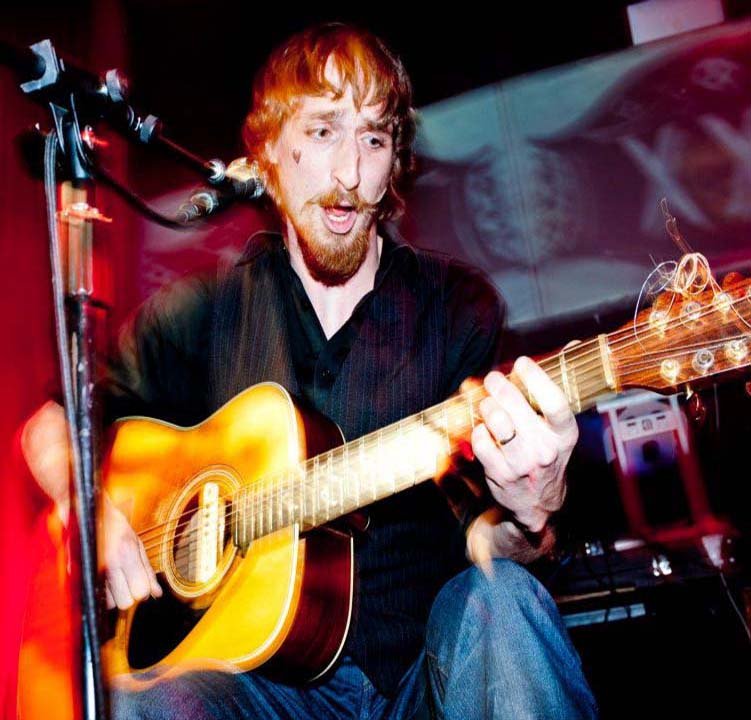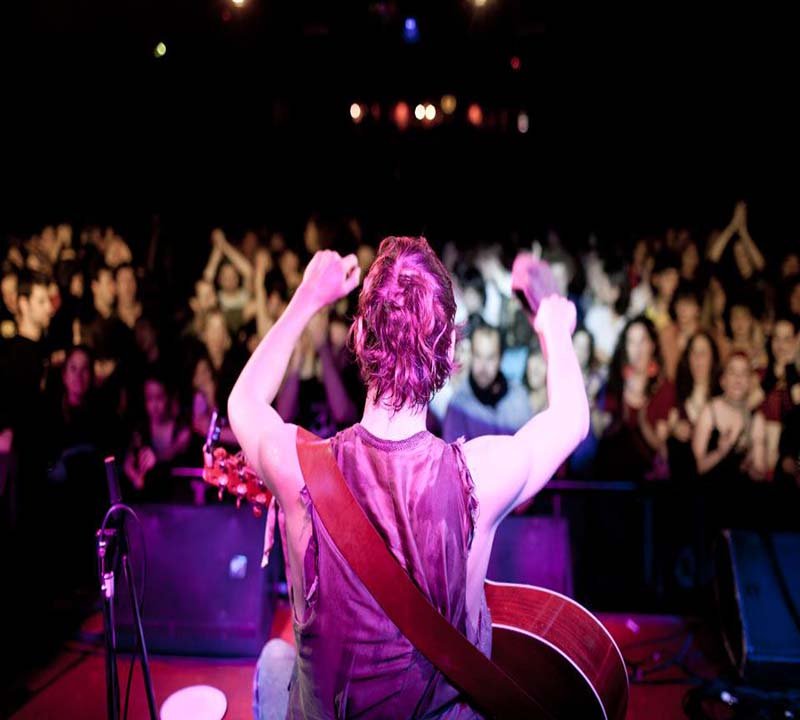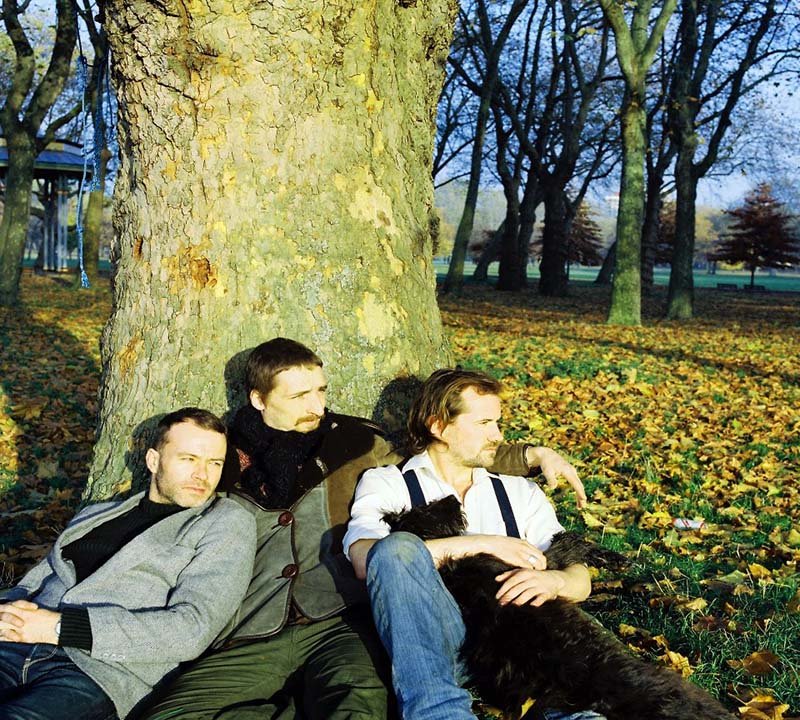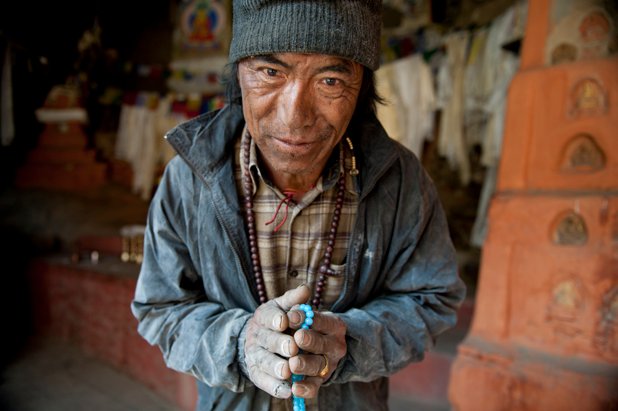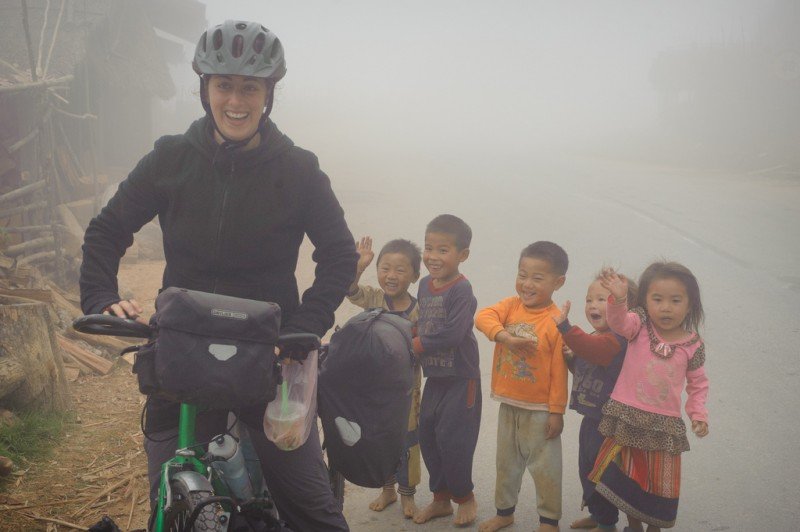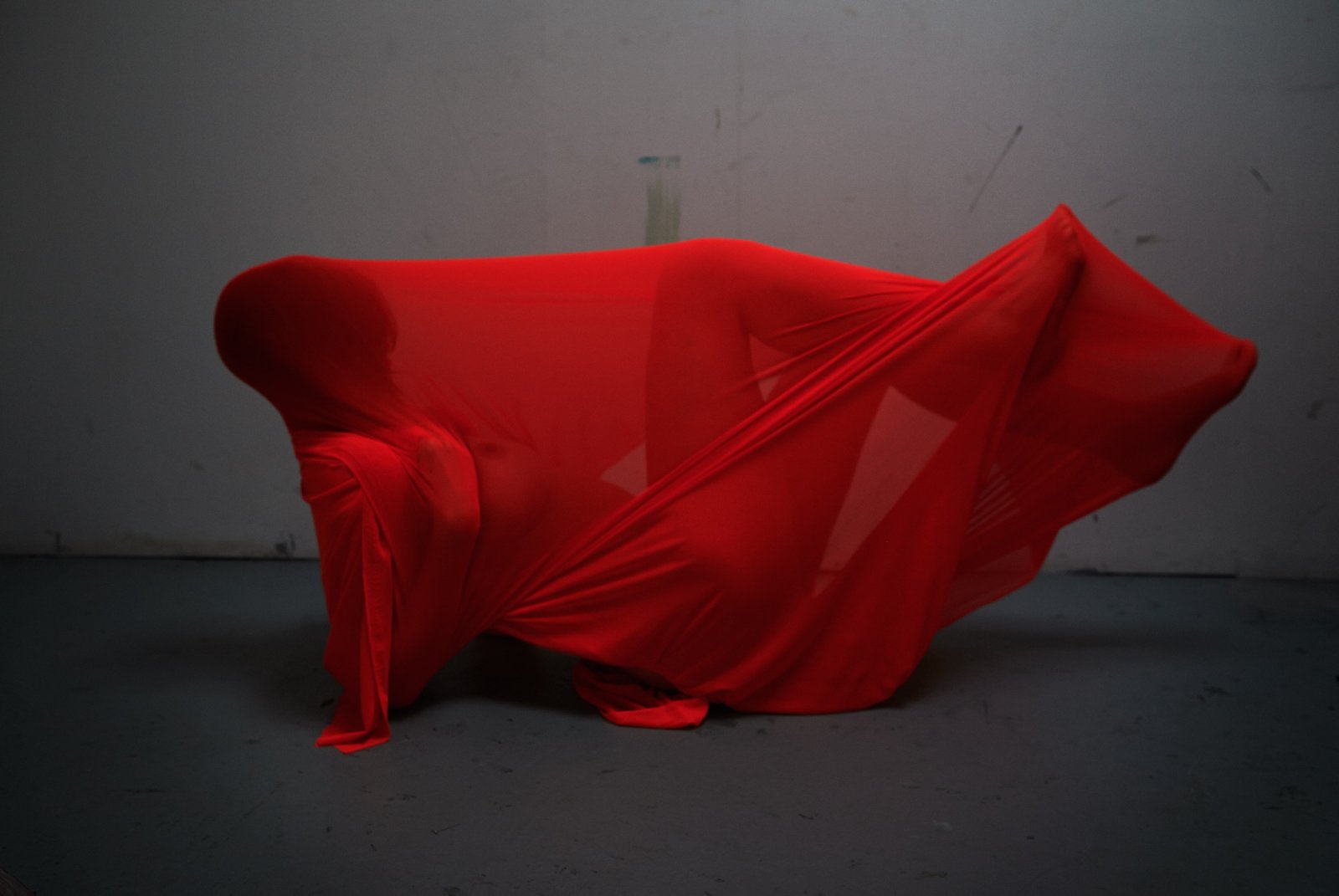England –
Award winners at Celtic Connections and firm favorites live, The John Langan Band talks to Emaho about their independently released debut album Bones Of Contention. Bones of Contention is The John Langan Band’s debut album, arranged and performed by John Langan (lead vocals), Dave Tunstall (double bass/backing vocals) and Alistair Caplin (fiddle/backing vocals).
Emaho : Tell us a little about your latest album Bones of Contention. How did you come to write it?
Bones of Contention, is a collection of songs and tunes, both old and new. Tracks like ‘Demons’, ‘Pumpkin Pie’, ‘Charlie and Auld Jimmy’ were written a few years ago by John and have been slowly evolving into what they are now. They have been recorded before but we felt we had to put the newer, more mature versions on the album. They are definitely fan favourites. ‘Winter Song’ and ‘Midgets’ were written around the time we started recording. ‘Midgets’ is one of my favourites; it originates from a Morris Dancing accordion tune called ‘Jump at the Sun’ by John Kirkpatrick. We took that tune and changed the time signature and key and in the process came up with a new genre, which we like to call Morris-step. It was a lot of fun. Other tunes, like ‘Aquaplane’ and ‘Piano Miniature’, were originally the creations of Ali, our fiddler. He wrote the fiddle tune “Aquaplane to Cambridge” after a very manic rushed drive from Glasgow to Cambridge. John took the tune and added lyrics and as a band we structured it till it became what it is now. It has been very much a joint effort to create the album, with each of us putting in our creative license, including Hazen Metro, our engineer.

Emaho : Demons from the album Bones of Contention starts off with an ominous intro exploding into an energetic score. What is the story behind the song? What does the song mean to you?
‘Demons’ was written a good few years ago. When it comes down to it, it’s about depression. Sometimes when you hit a bad depression you feel like there’s some kind of demon taking over your mind, telling you negative things about yourself and about life. I guess the song is about realising that there is no external force controlling you. That no matter how far you run from it, every time you look in a mirror the demon is still gonna be there. The angel in the sky is whatever it is that snaps you out of it.
Emaho : We know that calling your style of music as ‘Folk’, would be rather incomplete; your music derives influences from Celtic, Balkan Swing, Gypsy Jazz and more. How would you try to describe your style of music?
That’s a very tricky question; we still haven’t quite mastered our response to that. Any attempt to do so usually ends up being a little too wordy. We never set out to play any particular kind of genre. We had our first break in the Scottish Folk world when we won an award at the Celtic Connections Festival in Glasgow, so from then on we have been playing under the Celtic folk banner. But when we write music, what comes out comes out, depending on how we’re feeling at the time and what’s inspiring us. For me, after spending some time with Romany people in Macedonia, my main influence comes from them and Balkan music in general. Each of us listen to a lot of different music and all of it slips into our writing. For example, when we’re putting a tune together, maybe the Gypsies inspire me, Ali is into a new Celtic tune and Dave will have a more groove-based thing in mind.
Emaho : What would ‘John Langan’ have been like without the ‘Band’?
Haha, good question. I imagine, I’d probably be tucked away in an Indian jungle with my wife, whittling wood, and cooking dal.

Emaho : Tell us about the live shows you have played. What are your most memorable moments yet?
So many memorable gigs to talk about. Certainly the most memorable would be, and I’m not sure I should be telling you this, The Secret Garden Party 2011. Saturday night, 3am, a couple of hundred people. At the beginning of the gig we told the audience – “OK, this is what we’re gonna do. After each song we are going to remove one item of clothing, all of us.” No one raised an objection, and by the end of the set the majority were in their birthday suits and dancing like maniacs. Half of them ended up on stage with us! That was definitely a memorable moment, because it happened at the right time and the right place, there was no animosity or weirdness, just lots of love and freedom. We gained a bit of a reputation for that though which we are trying to shake off. People were coming to our gigs to see “the naked band” and it’s a bit like “Um, we do play music too you know”. That sort of thing can only happen spontaneously and in very particular circumstances and we don’t make a habit of it.

Another memorable gig recently was our London Album Launch Extravaganza. It was among the few times that we have put on our own gig. Usually we just get booked to turn up and play. But with the help of Sophie Bostock we hired a huge venue in Hackney. We were slightly concerned about getting enough numbers to fill the place but we ended up full to capacity and had to turn people away in the end. It was quite an eye opener for us when we realised quite how many people are following us. It was an amazing night, with support from Tell Tale Tusk, Garance and the Mitochondries, Cocos Lovers, Will Varley and DJ Danglo.

Emaho : Even though you are an acoustic three-piece band, your live acts have a ground-shaking explosiveness and energy. Tell us what it is like being on stage as opposed to a studio
Nothing beats being on a stage with hundreds of people going wild. In a studio, you’re playing into a microphone and you can engineer stuff—you don’t get much reaction there. But on stage, when the vibrations come out of your vocal chords and the strings on your instrument hit the audience and makes them happy and wild—there’s no feeling like it. There’s a strange cycle that happens. If you’re putting every ounce of energy you have into the music, the audience can feel it, it makes them happy. You can feel that joy from them and it gives you even more energy to put back into the music, and it continues like that into a massive climax of joy for everyone involved. No studio on the planet can provide that feeling.
Emaho : Tell us a little about your journey through the world of music so far. How has the music industry in Glasgow treated innovative musicians like you?
I don’t know much about the music industry. It’s always been quite DIY and organic for me. It’s been a slow and steady road. It all started with busking out of necessity. That made me realise it’s possible to earn a living as a musician. Then there were a few years of playing as many gigs and festivals as possible, almost begging people to let me play for free, just to get my foot in the door. Every year, I got paid a little bit more, had a bit more of a name for myself, and now we’re more or less at the stage where people are coming to us and we can be a bit more demanding when it comes to fees.
I’m a firm believer in letting things happen at their own pace. I mean, we could speed up the process by signing on to a big label or agency but I think that would push things too quickly, and in the wrong direction. I think there’s the danger of losing our roots and our freedom if we go down that road. Shanti, Shanti!

Emaho : What do you see for the future? Any plans of coming to India anytime soon?
For the future, I see us carrying on as we are more or less, just keep climbing up the ladder. Maybe running a bit more smoothly though, especially after the stressful faff, which was the last stage of making the album. We’ve learned a lot about what not to do next time. We’ve got a lot of good people behind us now as well, so the only way is up.
We don’t have any solid plans for India but I’d love to bring the boys over for a few gigs. I was in India for 6 months last year with my wife and I’ll definitely be back. What a brilliantly mental country. I love it, and its people.

Art & Culture Interviewed by Aditya Varma

